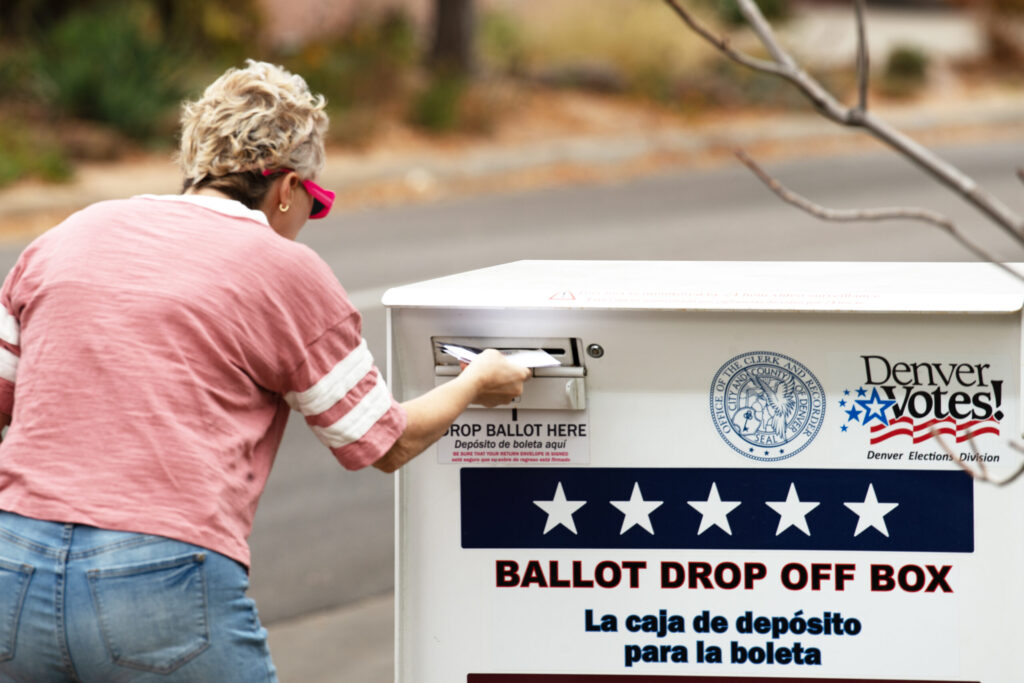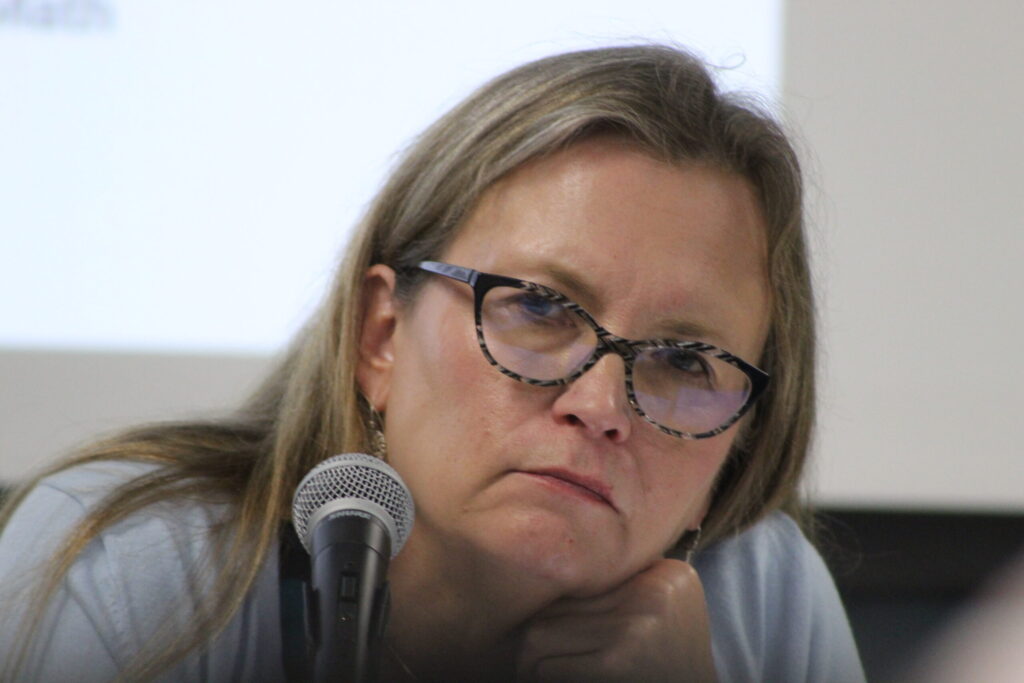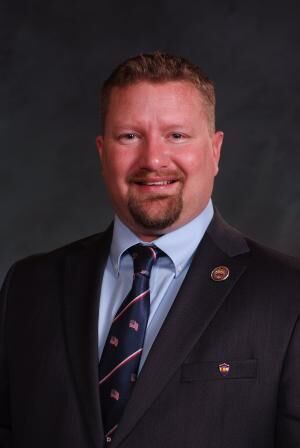PERA to Pinnacol: $302 million, please

The Public Employees’ Retirement Association has come up with a number for Pinnacol Assurance, the state’s largest workers’ compensation insurer of last resort, to buy out its employees and retirees’ share of PERA’s pension.
Pinnacol, with the support of Gov. Jared Polis, is hoping to privatize, a deal that would bring $400 million into state coffers.
The $400 million would help shore up the state’s statutory reserve, which was tapped in August to cover some of the $800 million shortfall in the 2025-26 budget.
The Pinnacol funds would also cover the state’s $193 million cost for the senior and disabled veterans’ homestead exemption in 2026.
But the deal’s biggest sticking point is pension. The deal would require Pinnacol to buy out its share of PERA’s pension plan, known as disaffiliation.
According to PERA CEO Andrew Roth, that is about $302 million.
The amount is based on a “discount rate” of 5.25%, he said. The discount rate is the rate used to estimate the current cost of future pension obligations. A decrease in the discount rate drives up the value of those pension benefits. A higher rate – and PERA’s rate right now is 7.25% – lowers the amount Pinnacol would have to pay for disaffiliation.
Pinnacol prefers the higher discount rate.
Roth said the discount rate it is proposing for the Pinnacol disaffiliation is based on current statutes.
The difference between 5.25% and 7.25% could be around $150 million, which Mark Ferrandino, the director of the governor’s Office of State Planning and Budgeting, said earlier this month could head for state coffers.

In January, Pinnacol officials were looking for a disaffiliation cost of about $180 million.
This is the second go-round for the efforts to allow Pinnacol to privatize. An attempt last spring failed to gain traction, largely because of the cost of disaffiliation, plus objections from labor unions that feared Pinnacol may no longer provide that insurance of last resort. Pinnacol officials have said they would bid for that business should they be allowed to privatize.
In addition to the Pinnacol deal, PERA has several items on its agenda for the 2026 legislative session. One could result in reduced contributions for PERA employers that, in turn, would help with the pension plan’s unfunded liability.
Roth said Monday that PERA employers, which include state agencies, school districts, judicial, the Denver Public Schools and local governments, are paying 1% of their contributions to PERA’s healthcare trust fund.
That’s on track to be fully funded in the next four to five years, so actuaries have recommended reducing the amount paid to the trust fund and redirecting about half of those dollars into the pension plan.
If approved by the Colorado General Assembly, the change would accomplish several things, PERA said. First, it would help with PERA’s unfunded liability. The pension plan hopes to be fully funded by 2048. The current unfunded liability for the five divisions of PERA stood at 69.2% as of Dec. 31, 2024. That’s up from 59.8% in 2018.
The second advantage is in keeping PERA from triggering an automatic adjustment provision.
That’s tied to Senate Bill 18-200, which requires the state to kick in an additional $225 million toward the unfunded liability every year.
One of its provisions requires actuaries to analyze the contributions coming in and whether they’re sufficient to cover at least 98% of the cost of pension obligations being paid out that year. If the plan doesn’t meet that 98% threshold, it would require PERA employers to pay more money and, consequently, less money to go to retirees, Roth said on Monday.
The slightly higher contribution from reducing the healthcare trust fund contribution would be a hedge against triggering that automatic adjustment.
The next item on PERA’s agenda is to seek some flexibility granted to the pension plan in Senate Bill 25-310. That’s the legislation that began implementation of Proposition 130.
That voter-approved measure from the 2024 election requires the state to invest $350 million toward public safety, including a portion that would go to the survivors of law enforcement officers killed in the line of duty.
Beginning in FY 2027-28, the annual direct distribution to PERA – that $225 million annual payment – is reduced by $35 million, which would then go to the Peace Officer Training and Support Fund until it reaches the $350 million goal. PERA doesn’t lose any money in the legislation; it was made whole by a $500 million warrant from the state.
PERA will ask the legislature for some additional flexibility in how it allocates the $225 million in direct distribution payment to four of the five divisions. That additional flexibility would ensure it hits the 98% target.
Roth explained the distribution would allow PERA to put the dollars where they’re needed most and to help avoid the automatic adjustment.
The final item on PERA’s 2026 agenda deals with a disagreement with Gov. Jared Polis on his 2026-27 budget.
As part of his budget cuts, Polis proposed reducing an additional contribution from the state division for the unfunded liability, known as the amortization equalization disbursement, by 1%. That would cost PERA about $38 million, Roth said.
But by 2048, it would cost the plan about $180 million, he explained. Those dollars “grow quickly over time and it also sets a poor precedent,” he siad.
“If the state’s in tough shape, they can take a pension payment holiday of whatever amount is helpful in the moment. And that just accrues a lot of additional money over time,” he said.
PERA officials asked the Joint Budget Committee last week to reject the idea.
The 2026 legislative session starts on Jan. 14, 2026.












